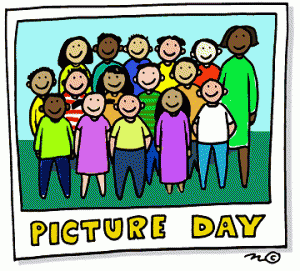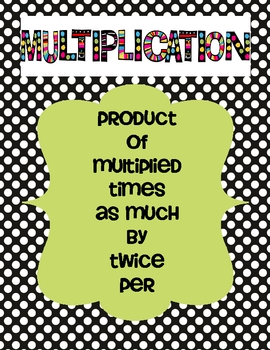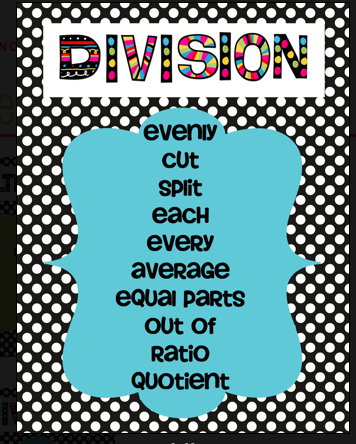Year 4 Update – Wk 7
- 5th October – Dress Casual Day for Community Chest ($20 donation)
- 5th October 6pm – Year 4 Camp Information Evening
- 6th & 7th October – BHS CPD: School closed to students
- 10th – 14th October – Half Term: School closed
- 17th October – ESF CPD day: School closed to students
- 18th October – First day back at school
- 18th October 6.30pm – Marie Marchand Parenting Workshop
- 24th-25 October – School photos

- 28th October – Sibling photos
- 1st November – Year 6 bake sale – bring $5-$10 for a tasty treat!

- 4th November – 4F class assembly
- 16th-18th November – Year 4 camp
![]()
![]()
On Wednesday this week, Mr Matt Glencross, teacher and wildlife expert, came into Beacon Hill School to talk to the Y4s about the “other living things” found in the habitats around Hong Kong. He introduced them to the term, invasive species and opened the minds to the damage that these can cause. Conversely, he also spoke to the children about the positive impact they, as members of the Earth’s “keystone species” can have and encouraged them to think for themselves of ways they can take care of the environment. Oh yes, and he brought in some fascinating friends!
 Who We Are
Who We Are
Central Idea: People’s behaviour impacts on the habitats of other living things.
Lines of Inquiry
An inquiry into:
- Different habitats and the living things found in Hong Kong
- Impact of behaviour on habitats
- Human responsibility to habitats
As mentioned above, the new unit of inquiry has gotten off to a great start with the visit by Matt Glencross. In class time the children have been unscrambling the central idea, tuning into the different habitats found in Hong Kong and have started to think about how our behaviour impacts these, summarising their ideas in the pre-assessment.
To help us delve further into this inquiry will be using and developing our inference and observation skills. Ms Jeves has been visiting the classes to support the children’s information literacy and has been focusing on their ability to observe. They have done this through watching the short animation “The Present” and taking notes on what they’ve seen. This is a really touching animation and if you get the chance, please do check it out and discuss it with your child!
![]()
![]()
![]()
![]()
![]()
![]()
Central Idea – Multiplication and division are related to each other and used to help us solve problems.
Lines of Inquiry:
- The methods that are used to solve calculations
- The operations of multiplication and division
- The different relationships between the four operations
This week we have begun our open-ended learning engagements around multiplicative thinking. The children have been learning how to tackle a challenge by themselves, share their strategies and persist in order to reach a solution. They have been doing this with different types of division worded questions.
![]()
Next week, the children will continue with this and will explore combining arrays.


Strand Maths: Data Handling
Central Idea – Different graph forms highlight different aspects of data more efficiently.
Lines of Inquiry:
- The methods that are used to solve calculations.
- The operations of multiplication and division.
- The different relationships between the four operations.
Next week the children will be presented with some data and they will need to decide on the best way of presenting it.
![]()
This week the children explored distinguishing features of a fable and read some examples of these. Due to ISAs and Special Guests some classes have not yet had the chance to have a go at writing their own fable so they will do this next week.
![]()
![]()
![]()
![]()
![]()
![]()
Next week the children will evaluate their fables and use these to create writing targets specific to their areas for development.
The teachers have been using English lessons to introduce the skill of inference as this is our comprehension focus for this unit. We have begun by inferring from pictures and next week we will begin to look at inference more closely in our reading groups.


*Daily home reading
A reminder that the colour of the home reading book your child brings home will reflect their reading ability at the end of Year 3. However, as reading assessments continue over the course of the coming few weeks, this may or may not change. PLEASE be reminded that the colour sticker on the reading book your child brings home is far less significant than the development of fluency AND comprehension. There is also an expectation that your child will read a book and complete any quizzes on Reading Eggspress twice a week.
*Spelling
The children will have 10 new words to learn each week (Friday) and will be tested on them by a classmate three times per week. The words they have comprise of some vocabulary relevant to our current U.O.I., some words relating to the spelling rule that we are currently learning about and some words of their choice.
*A weekly home learning task
The children have been given home learning folders in which to keep homework instructions/tasks, which also has the Term 1 homework schedule attached. The first homework task was given out, explained and placed in the homework folders today. A summary of the task can be found below…
Year 4 Home Learning UOI 30.9.16
U.O.I. Animal Research Project
- Choose an animal you wish to research (it may be an animal you are already knowledgeable about or an animal that you ‘met’ when Matt Glencross came into school on Wednesday or even an animal you wish to learn more about).
- Think about where you will find your information (sources)
- Use 3 (or more) sources to help you complete your project
- Complete each section of your project using your own words
- Record the sources you used in order to do your research
These websites might be useful! You can also use books, newspapers, people, etc.
http://kids.sandiegozoo.org/animals/zoo-animals
http://www.animalfactguide.com/animal-facts/
http://kids.nationalgeographic.com/animals/